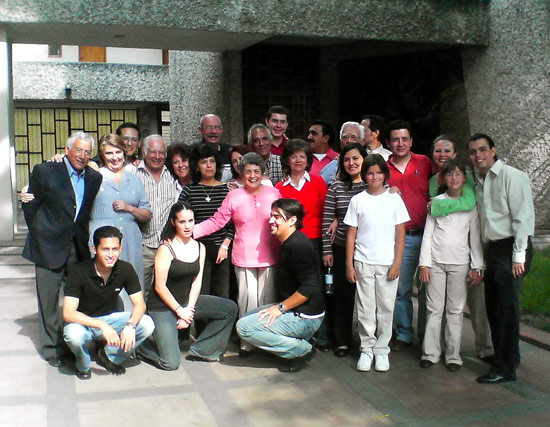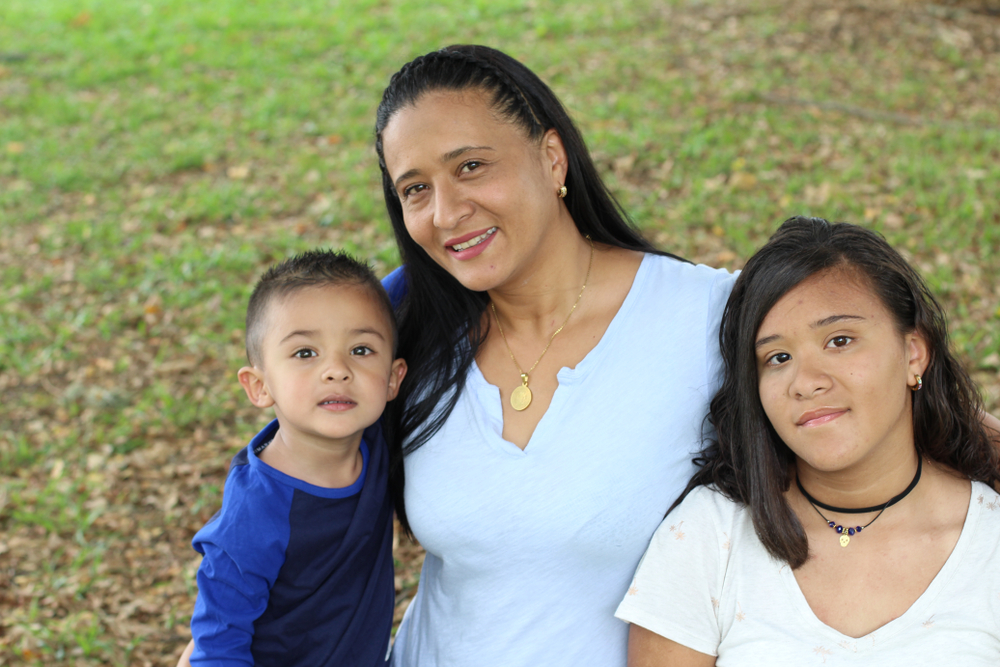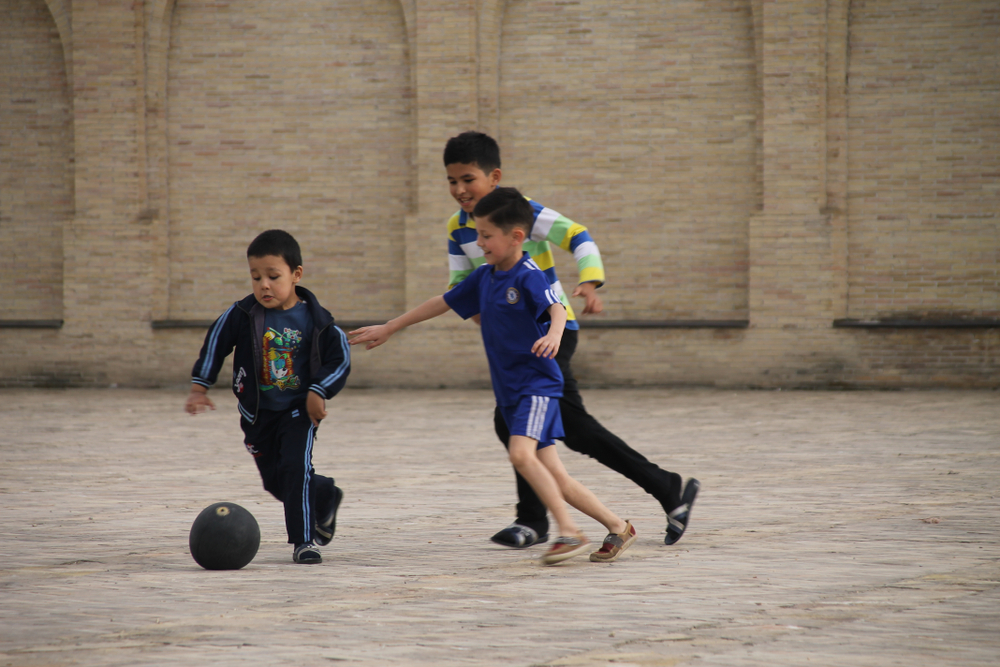Life Stages: Family and Parenting
The family occupies the central position in Mexican society. Extended families containing several generations are common. Family units are generally large with parents, their unmarried children, married sons and their families, uncles, aunts, grandparents, nephews, nieces, and grandchildren living together in the same house or neighborhood. The average family size in the country is six: two or three adults and two or more children. Nuclear families consisting of a father, mother, and their children are more common among the upper-class and urban Mexican elite.
Children are very important in marriage and family life in Mexico. Traditional beliefs about infertility often burden childless parents with a social stigma. Married women in particular who do not bear children have the fear of being divorced, maltreated, and taunted by their in-laws.
Maternal Icon
Mexican fathers typically provide financial support for their children, plan their education, and try to get them a good job after graduation. Mothers are considered the true “icons” of parenthood in Mexican families, and they fulfill their children’s needs through breastfeeding, ensuring they get enough sleep, encouraging good hygiene, instilling discipline, inculcating Catholicism, picking them up after school, assisting them with homework, and simultaneously performing their other domestic duties.
Traditional attitudes toward gender roles have not changed much in Mexico. The jefe de familia (chief of the family) and primary breadwinner is the father or husband. He holds full authority and responsibility to make critical social and economic decisions regarding the family. Women typically administer household tasks (including cooking, entertaining guests, and caring for children and elderly), take charge of religious matters, and dedicate themselves to holding high the family’s status. Working women are still expected to handle child rearing alongside their domestic chores and professional roles.
Pre-adolescent Mexican children (up to 10 years of age) are expected to respect and earnestly obey their grandparents and other elders. While parents provide financial help to their adult children throughout their education and marriage, Mexican adolescents are increasingly taking part-time jobs and supporting their own education. In rural areas, adolescent girls help their mothers with domestic duties and boys contribute to cultivation activities.
Favorite Pastimes
Favorite family leisure activities in Mexico usually revolve around sporting events. Mexicans mostly play fútbol (soccer), baseball, tennis, volleyball, and basketball. They also enjoy bullfighting, wrestling, shopping, going to the beach, watching television, listening to music, and dancing. Having large family get-togethers on special occasions like birthdays and going on vacations with the entire family (including grandparents, cousins, and children) are also popular. While families in the cities go to public squares or plazas to socialize in their free time, rural people prefer spending time with family in the traditional patio at homes. Many Mexican families regularly participate in Sunday Mass at the church. This is usually followed by a late breakfast at a restaurant and outings throughout the day.
Mexicans commonly share their lunch (the main meal of the day) and spend their evenings together with their families. Meal time in particular is considered to be ideal for chatting and discussions with family members.
Statistics reveal that Mexico’s divorce rate is among the lowest in the world. In the early 1990s, the rate was an average of 33 divorces per 100,000 marriages. With increasing self-dependence and decreasing stigma attached to divorce, however, divorces initiated by both men and women have been on the rise.
In case of a divorce in Mexico, the courts grant child maintenance to the custodial parent. Children aged 14 and older are free to choose the parent with whom they would like to reside after the couple separates.
Aged parents in Mexico typically live with their own children and receive great care. In extended families, grandparents take care of newborns and instill family values in older children.
Copyright © 1993—2024 World Trade Press. All rights reserved.

 Mexico
Mexico 

